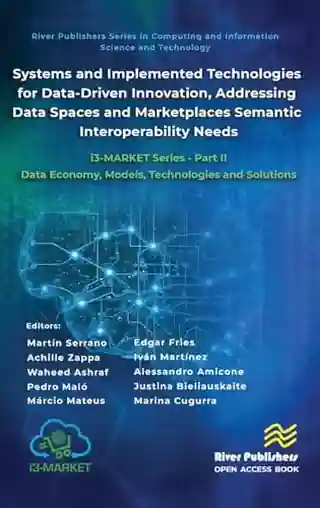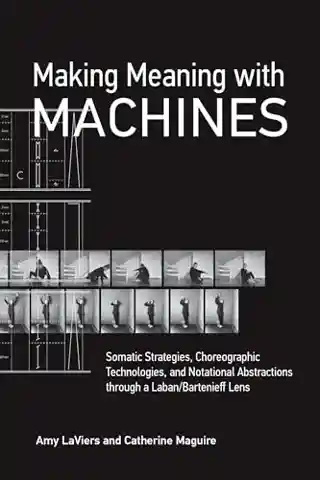A framework for knowledge ownership that challenges the mechanisms of inequality in modern society.
Scholars of science, technology, medicine, and law have all tended to emphasize knowledge as the sum of human understanding, and its ownership as possession by law. Breaking with traditional discourse on knowledge property as something that concerns mainly words and intellectual history, or science and law, Dagmar Schäfer, Annapurna Mamidipudi, and Marius Buning propose technology as a central heuristic for studying the many implications of knowledge ownership. Toward this end, they focus on the notions of knowledge and ownership in courtrooms, workshops, policy, and research practices, while also shedding light on scholarship itself as a powerful tool for making explicit the politics inherent in knowledge practices and social order. The book presents case studies showing how diverse knowledge economies are created and how inequalities arise from them. Unlike scholars who have fragmented this discourse across the disciplines of anthropology, sociology, and history, the editors highlight recent developments in the emerging field of the global history of knowledge—as science, as economy, and as culture. The case studies reveal how notions of knowing and owning emerge because they reciprocally produce and determine each other's limits and possibilities; that is, how we know inevitably affects how we can own what we know; and how we own always impacts how and what we are able to know.
Conditions of Use
![]() This book is licensed under a Creative Commons License (CC BY-NC-SA). You can download the ebook Ownership of Knowledge for free.
This book is licensed under a Creative Commons License (CC BY-NC-SA). You can download the ebook Ownership of Knowledge for free.
- Title
- Ownership of Knowledge
- Subtitle
- Beyond Intellectual Property
- Publisher
- The MIT Press
- Author(s)
- Dagmar Schafer, Dagmar Schafer (Edited by)
- Published
- 2023-07-18
- Edition
- 1
- Format
- eBook (pdf, epub, mobi)
- Pages
- 440
- Language
- English
- ISBN-10
- 0262545594
- ISBN-13
- 9780262374644
- License
- CC BY-NC-SA
- Book Homepage
- Free eBook, Errata, Code, Solutions, etc.
List of Figures Acknowledgments Ownership of Knowledge: Introduction 1: Excavations of Knowledge Ownership: Theoretical Chapter I: Mutual Conditioning 2: Intellectual Property with Chinese Characteristics 3: Teaching Intellectual Property: Constructing the Historical Narrative of Intellectual Property in University Textbooks II: The Three Practices: Performance, Use, Naming 4: Raga and the Problem of Ownership: Knowledge and Culture in Carnatic Music 5: Imitating Crackles: Material Mimesis in Stones and Textiles 6: Educational Inequities and the Distribution of Technical Knowledge: Three Instruments III: The Three Domains: Society, Economy, Epistemology 7: An Aesthetic of Knowledge: Relations and the Documentation of Traditional Knowledge in Papua New Guinea 8: Names for Work: Crafts, Bureaucracy, and Law in Yuan and Ming China (Thirteenth–Seventeenth Century) 9: Ownability, Ownership, Knowledge, and Genetic Information in the United States IV: The Role of Scholarship 10: Objects, Knowledge, and Museums: Reflections on the Endangered Material Knowledge Programme 11: A Reader’s Guide to Ownership of Knowledge: Diagrammatic Chapter Contributors Index








